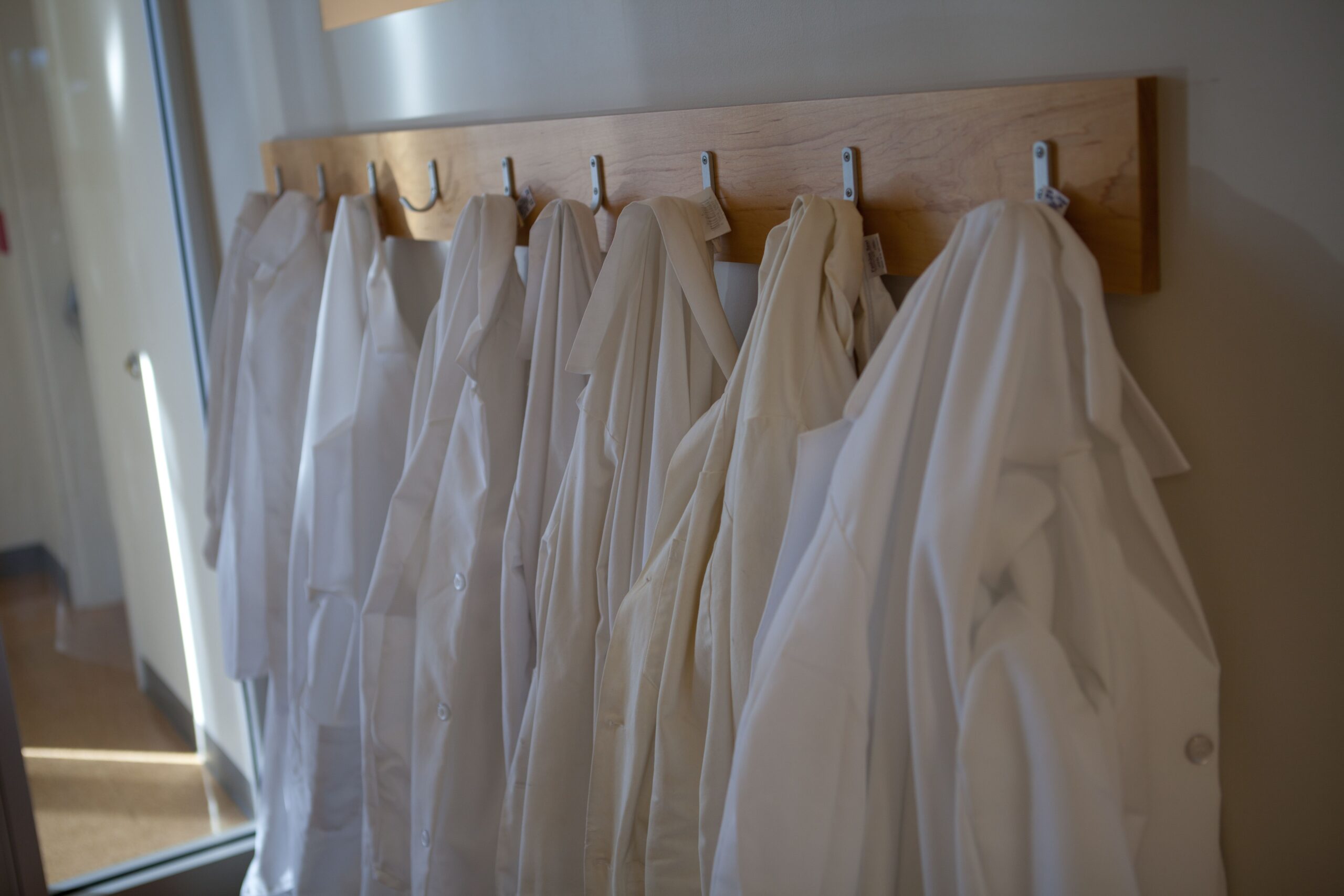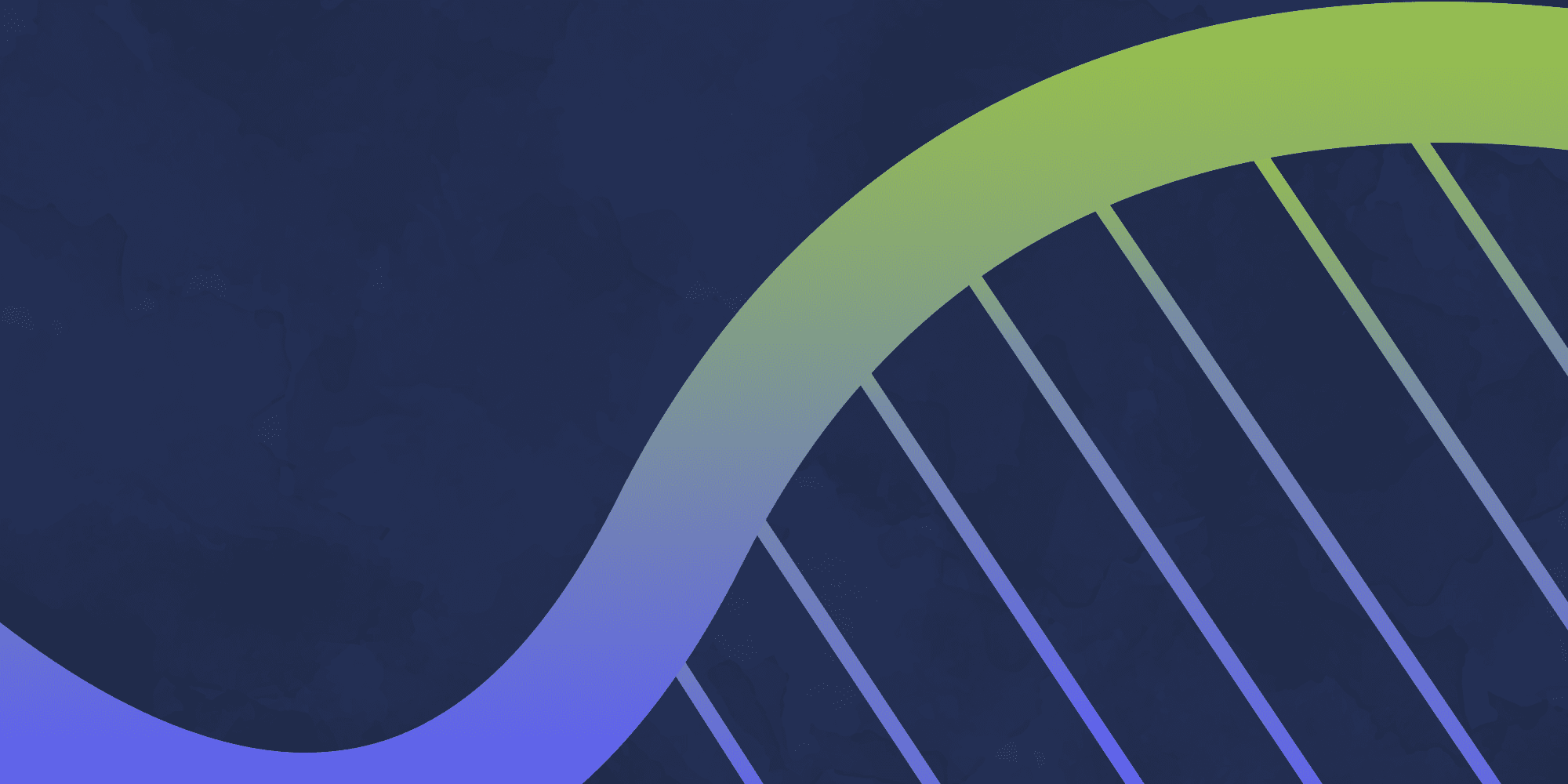
Meet an IGI Scientist: Dana Foss
This series introduces the public and fellow researchers to our talented scientists. We interview different IGI members to find out who they are and what makes them passionate about science.
—
Dr. Dana Foss is a postdoctoral fellow in the Wilson Lab at UC Berkeley. Her work focuses on developing methods of tissue-targeted Cas9 delivery, primarily through use of antibodies, for gene therapy.
Where are you from?
I am originally from Winnipeg, Manitoba, Canada, where it is sometimes colder than Mars but otherwise a lovely place to be from. I moved to Ottawa, Canada, to pursue my PhD, where the weather is more reasonable!
Why did you become a scientist?
No one in my family is a scientist, but in my high school Chemistry and Biology classes, I realized that there was a hidden world we could explore – the inside of cells, for example, which explains why things are the way they are. There was a seemingly endless amount of information to intellectually feast on, which I enjoyed. When I started to work in research I realized it really suited me: I like to learn, I like to be challenged, and I like to be independent. I find it extremely rewarding that we work towards the pursuit of knowledge, and that we get to do things that no one has ever done before.
What do you like to do besides research?
I love exploring cities and the wilderness (preferably by bicycle!). I love camping and enjoying good food with friends. I like gardening and growing vegetables—it provides a nice balance from the sterile lab environment!
Describe a funny memory you have of working in the lab or in research.
During my PhD, my lab bench was beside that of another PhD student who was a good friend and colleague. We spent a lot of our waking hours working alongside each other, but we had conflicting views on what radio station to listen to while we worked in the lab. There was sort of an unspoken rule that once someone was already in the lab listening to that station, you couldn’t change it. So this resulted in a bit of a competition for who could get to the lab earlier, in order to choose the radio station. It didn’t mix well with our tendency to also stay late in the lab in the evenings!
What would you do if you weren’t a scientist?
My backup plan is most definitely to be a goat farmer. Goats are so much fun and goat cheese is delicious! Farming is a lot of work (like science) but you spend a lot of time outside, which I really miss. Also, if I weren’t a scientist I would spend a lot more time reading books, which I don’t have a lot of time for these days.
Tell us about someone or something that inspires you.
I have photos of my grandparents on my desk, who were grain and cattle farmers in rural Manitoba at a time that still involved horses and a lot of manual labor. Anytime I find myself thinking that my job is hard, I remind myself that it is nothing in comparison to what they endured. Their lives remind me that my career as a scientist is a privilege, and that I should enjoy it!
What role do you think science plays in the community and in the world?
Science provides a mechanism with which to understand the world and gives our society information on which to base our collective decisions. It is integral to our society functioning, but also to the human spirit; we naturally look around and wonder how things work, and science allows us to act on our curiosity.
Science gives us the tools with which to understand, and ultimately, to change the world. Of course it is critical, then, that we pursue these advancements intentionally. It is the responsibility of scientists to keep the public engaged with the latest knowledge and advanced technologies, so we can all decide how best to apply them.
The beauty of science is really the resulting information to be intrigued by, to be inspired by. Everyone deserves to share in that, even if they are not participating directly as a scientist.
Click to hear about how Dana is tackling Cas9 delivery in this 16-minute podcast episode, or download wherever you get your podcasts:
You may also be interested in

Meet an IGI Scientist: Hector Sánchez Castellanos

Meet an IGI Scientist: Shaheen Kabir

Meet an IGI Scientist: Markita Landry

